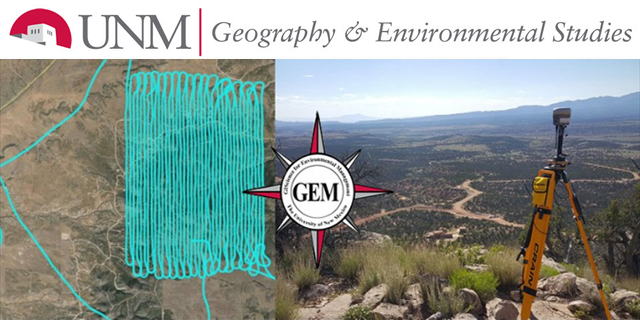
Geography ETDs
Publication Date
Summer 8-2022
Abstract
As participation in outdoor recreation is growing in the U.S., a dilemma is presented for conservation planners and land area managers who must manage the increasing demand for recreation while simultaneously working to protect species. Rock climbers and other outdoor recreationalists have asserted that a relationship exists between recreation and the conservation of public lands. However, mounting evidence suggests that rock climbing continues to cause a multitude of negative impacts to ecosystems. Here, I investigate the extent to which land management practices allow for rock climbing and conservation to coexist, and how it is that well developed plans protect ecologically sensitive areas. A review of current literature, a dissection of climbing management plans and their contents, as well as a comparative case study analysis of three management plans from popular National Parks. Many environmental impacts on outdoor climbing areas can be lessened when climbing management plans are implemented, shared, and enforced. Conservation efforts are necessary for the outdoor rock-climbing community to coexist with the ecosystems that allow them to climb in the first place.
Degree Name
Geography
Department Name
Geography
Level of Degree
Masters
First Committee Member (Chair)
Dr. Benjamin Warner
Second Committee Member
Dr. Maria Lane
Third Committee Member
Bjorn Fredrickson
Document Type
Thesis
Keywords
Rock climbing, Conservation, National Parks
Recommended Citation
Heller, Marissa. "Rock Climbing and Conservation in Land Management: Can they Coexist?." (2022). https://digitalrepository.unm.edu/geog_etds/56
